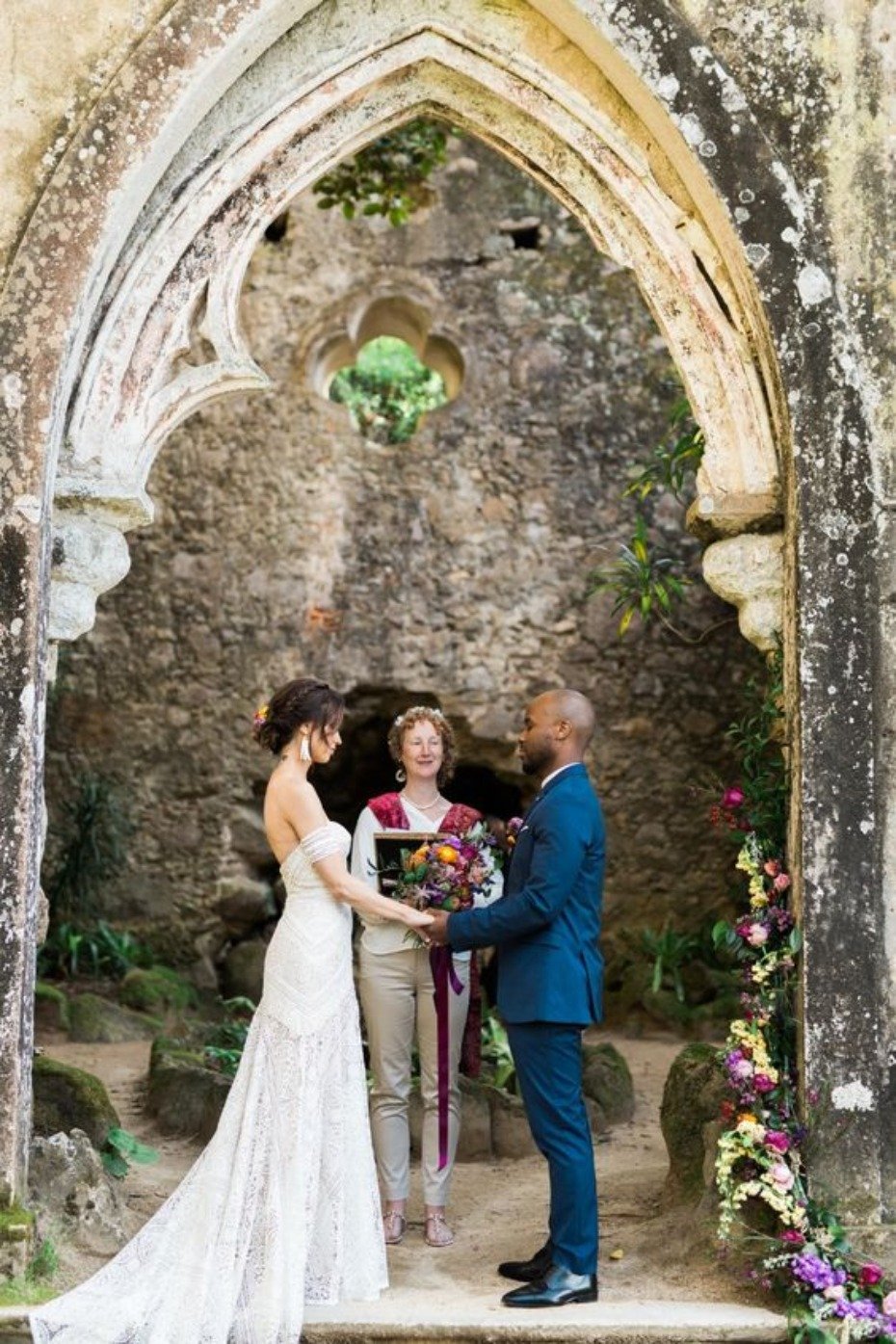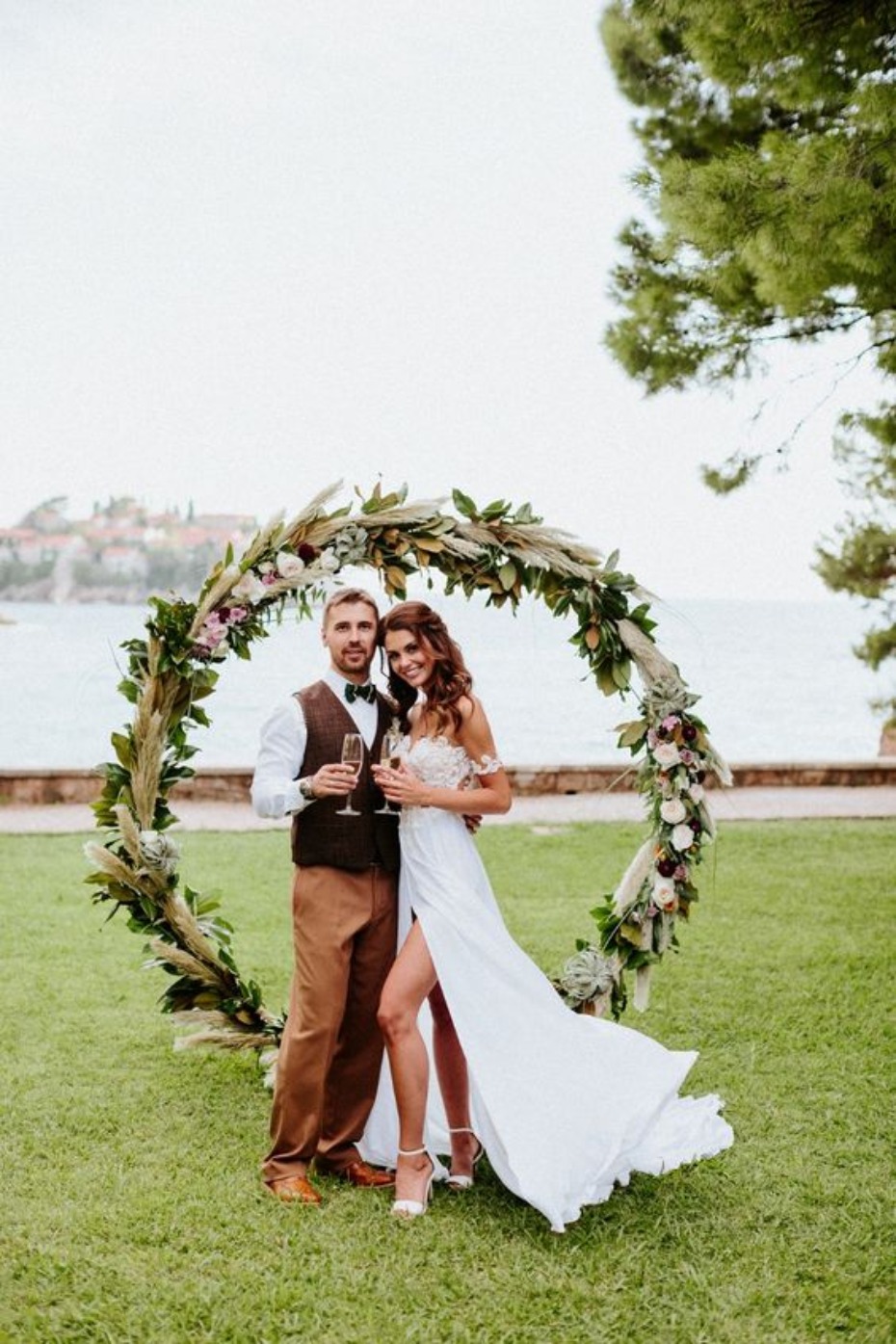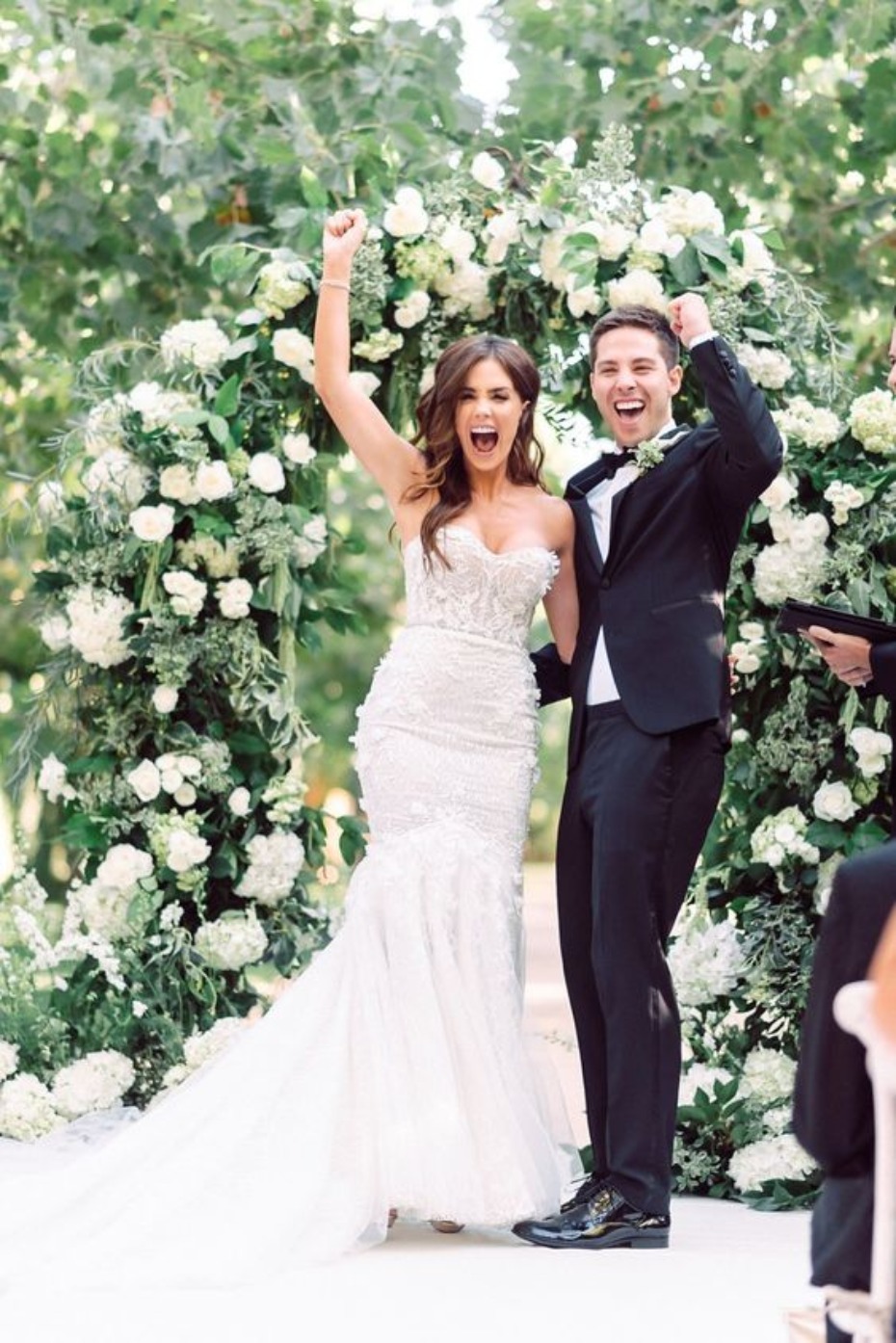How To Get Your Friend or Family Ordained To Marry You!

When my husband and I got married back in 2014, we wanted to keep it as personal and as inexpensive as possible. So after a little bit of research, I decided to ask my husbands father to officiate our wedding. It only seemed fair to have both fathers involved in the ceremony, and since we’re not avid church-goers, we didn’t feel comfortable hiring a stranger to be a part of our union.
Turns out, having a friend or family member ordain your wedding is a growing trend among couples these days. Not only does it save you a bit of cash (think honeymoon fund!), but it makes your wedding that much more authentic and memorable.
Now, before you text your bestie asking them to officiate your wedding, we have a few tips below to get you started, because this process can get a little tricky depending on where your “I dos” will take place.
Check your state laws first
First things first. Do your homework! Each state has its own rules about making your union official, and even those can then vary by county. Make sure you know what the laws are in the state you'll say your “I dos” in. For example, If you get married in Idaho, you can ordain online, but if you get married certain parts of Virginia, getting ordained online doesn’t count. A quick google search should point you in the right direction, or give the local marriage license office a call.

Get your person ordained + registered
My father-in-law was ordained online for free in about 10 minutes. Sounds too good to be true, right? It’s not! A quick google search will pull up a slew of online options like American Marriage Ministries or Universal Life Church. Once the ordination is complete, the officiant may have to file additional paperwork with the local court. In California, it’s not a requirement to register, but in New York, the officiant must register in person at the City Clerks office. If you’re unsure about this, give the City Clerk a call to verify if your officiant needs to register or not.

Write your ceremony
A personalized ceremony was one of my favorite parts of this whole process. But before you get too carried away, you’ll want to get cracking on the legal bit of this first. Some states require certain wording to make the ceremony legally binding. Try contacting the local City Clerk or marriage bureau to find requirements for your area. Need some inspiration? Check out these sample ceremony scripts.

Get Your License to Wed
Once all that is said and done, it’s time to get the marriage license. Fair warning: This isn’t something you should put off until the last minute! Some states require a waiting period, while others can require a blood test before you can even apply! Say whatttt!? Follow these tips on what you’ll need to do in your state.

Send in the Marriage license

It’s your officiant's responsibility to fill out and send in the marriage license after the wedding, so don't let them forget! Quick tip: Have the mailing envelope ready to go before the wedding and sign the license during or immediately following the ceremony and send it off! That way, everyone can relax and party during the reception worry-free.